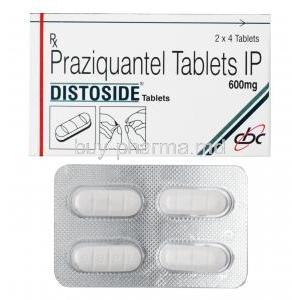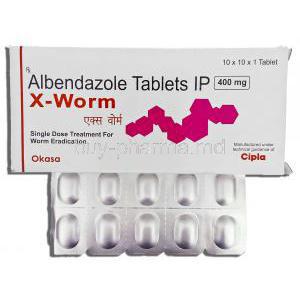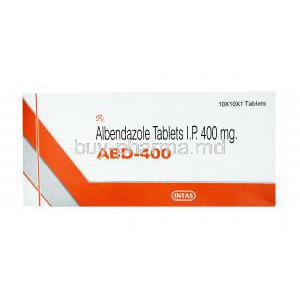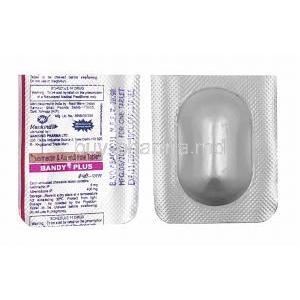Comfortis Chewable
- Â
- Introduction to Comfortis Chewable
- Â
- Composition of Comfortis Chewable
- Â
- How Comfortis Chewable Works
- Â
- Uses of Comfortis Chewable
- Â
- Off-Label Uses of Comfortis Chewable
- Â
- Dosage and Administration Guidelines
- Â
- Common Side Effects of Comfortis Chewable
- Â
- Serious Side Effects and Adverse Reactions
- Â
- Interactions with Other Medications
- Â
- Contraindications for Using Comfortis Chewable
- Â
- Precautions and Warnings
- Â
- Special Considerations for Administration
- Â
- Handling and Storage of Comfortis Chewable
- Â
- Overdosage Information
- Â
- Conclusion
Introduction to Comfortis Chewable
Comfortis Chewable stands out as a top-notch veterinary medication tailored to tackle pet flea problems. This groundbreaking formula keeps fleas at bay, keeping domestic animals healthy and happy. Such treatments go beyond easing discomfort; they also help prevent serious flea-related illnesses that could harm the pets' overall well-being.
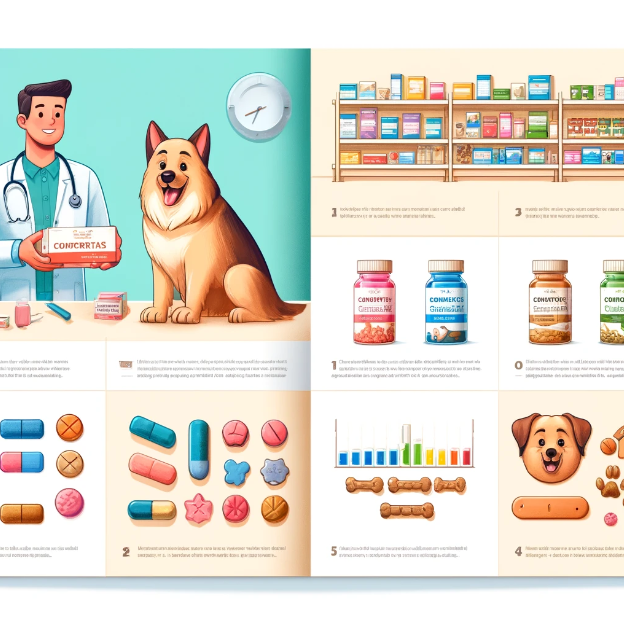
Composition of Comfortis Chewable
- Key Ingredients: The main element in Comfortis Chewable is spinosad, a substance known for its effectiveness in getting rid of fleas. Spinosad is derived from a soil bacterium and works by targeting the nervous system of fleas, quickly disabling and eliminating them.
- Preparation Details and Taste: The chewable tablet is thoughtfully designed to appeal to pets, with flavors that make it easy to give. Its crafted composition allows for quick absorption and long-lasting results, making it a top choice among veterinarians.
How Comfortis Chewable Works
Comfortis Chewable works2 in a direct way to combat fleas. When taken as its main component, Spinosad quickly attacks the system of fleas, leading to their immediate paralysis and eventual death. This approach offers benefits compared to traditional methods of flea control;
- Rapid relief from fleas due to its fast action
- Reduced risk of disease spread
- Long-lasting protection that helps break the cycle of infestation.
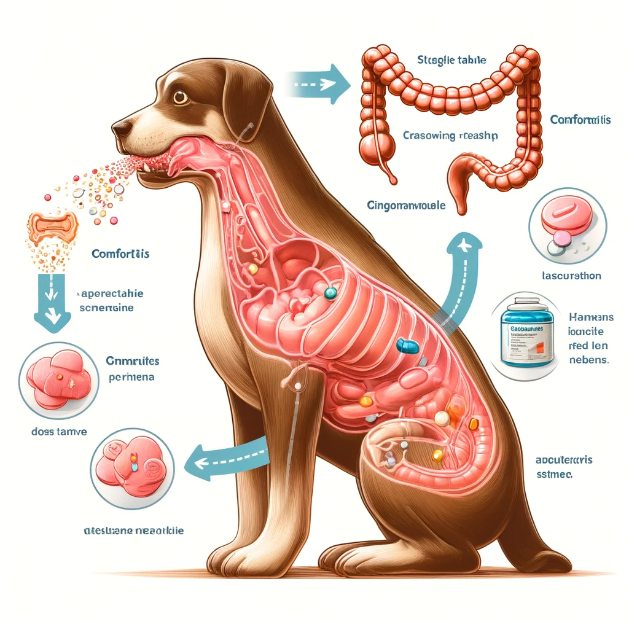
Uses of Comfortis Chewable
Comfortis Chewable is highly effective in preventing flea infestations in dogs and cats. It is designed for pets that have flea problems or are at risk of getting them, as well as for those who need a dependable, long-lasting solution. This advanced formula not only helps get rid of existing fleas but also stops future infestations, ensuring that pets stay healthy and comfortable for an extended period.
Off-Label Uses of Comfortis Chewable
Comfortis Chewable is commonly known for its effectiveness in preventing fleas. However, veterinarians sometimes recommend it for not officially approved use based on their judgment. These alternative applications are backed by real-life experiences and studies that demonstrate how the medication can effectively address parasitic issues.
- The support from experts and detailed case reports highlight the flexibility of this treatment beyond its standard purpose.
- By delving into these uses, we gain a deeper insight into the medication possibilities in veterinary care.
Dosage and Administration Guidelines
Ensuring that Comfortis Chewable is administered effectively relies on following dosage instructions1, particularly those based on the pet's weight. Precise dosing is crucial for achieving the results and reducing any possible risks.
- Dosage Guidelines: The correct dose is carefully determined according to the pet's weight to guarantee that each animal receives the amount necessary for optimal effectiveness and safety.
- Administering Methods: To achieve the outcomes, it's recommended to give Comfortis Chewable with food, as this helps in absorption and improves its effectiveness.
Common Side Effects of Comfortis Chewable
Comfortis Chewable may result in typical side effects3 that are usually mild and can be handled effectively. These may include issues like vomiting and diarrhea and minor skin reactions such as itching and redness. To address these treatment methods, focus on alleviating symptoms. If needed, make changes in the dosage or administration procedures with guidance from a veterinarian.

Serious Side Effects and Adverse Reactions
- In some cases, pets may experience more serious side effects that require immediate medical attention. Signs of reactions can include difficulty breathing, skin rashes, and swelling of the lips or tongue.
- If these critical symptoms occur, it is important to stop the medication and promptly seek help from a veterinarian to ensure the well-being of the pet.
Interactions with Other Medications
Comfortis Chewable can interact with other drugs, affecting its effectiveness and safety. It's crucial to understand these interactions to keep pets healthy and happy.
- Extra care is needed when using Comfortis alongside medications or those processed by the liver.
- Before starting Comfortis treatment on a pet already taking drugs, it's essential to consult a veterinarian. This helps maintain a balanced medication routine and reduces the chances of interactions.
Contraindications for Using Comfortis Chewable
Some health issues and unique traits in animals could make it unsuitable to give Comfortis Chewable, so it's important to think about and explore other treatment options.
- Health Issues; Animals with a background of seizures or other brain related problems are usually not recommended to take this medication.
- Species and Breed Factors: Specific dog breeds with genetic tendencies for adverse reactions to drugs need comprehensive genetic testing before using this medication.
Precautions and Warnings
Comfortis Chewable is a way to treat fleas on pets, but it's important to follow safety guidelines. Make sure to give the dosage and watch for any negative reactions in your pet. When disposing of medication, be cautious to prevent harm to the environment by following local disposal rules.

Special Considerations for Administration
- Caring for Pets: As pets age, they may need unique dosing or more frequent monitoring for organ issues. This cautious approach is essential to keep them safe and ensure the treatment works effectively.
- Caring for Pregnant and Nursing Animals: The safety of nursing pets is a top priority. It's vital to consult with a vet to decide if Comfortis is appropriate, considering the risks to the mother and her babies.
- Caring for Young Pets: It's generally advised not to give Comfortis to young puppies or kittens because their organs and immune systems are still developing. Following age and weight recommendations is essential for their well-being.
Handling and Storage of Comfortis Chewable
It's crucial to follow the recommended storage guidelines to keep Comfortis Chewable effective.
- By storing it in a dry place away from sunlight and moisture you can maintain the potency of the medication and ensure the well being of your pets.
- Remember to handle the tablets with dry hands and store them promptly after use in their original packaging to prevent exposure to air and light.

Overdosage Information
While Comfortis Chewable is typically safe when used according to instructions there may be cases of taking much leading to specific symptoms that need prompt and careful handling.
- Signs of Overdose: Taking too much can result in vomiting, increased saliva production, shaking, or, in severe instances, seizures. Immediate
- Steps and Ongoing Care: If an overdose is suspected, it's important to contact a veterinarian immediately. Providing care and monitoring the severity of the symptoms may be necessary for long-term management.
Conclusion
This article discusses aspects of Comfortis Chewable, covering its ingredients, how to use it, handling procedures, and what to do in case of an overdose. It emphasizes the importance of following the instructions to ensure this treatment results best. When used correctly, Comfortis Chewable is a weapon in combating flea infestations, providing excellent comfort and defense for our beloved dogs and cats. Its dependable nature and effectiveness establish it as a player in veterinary flea control options.

































